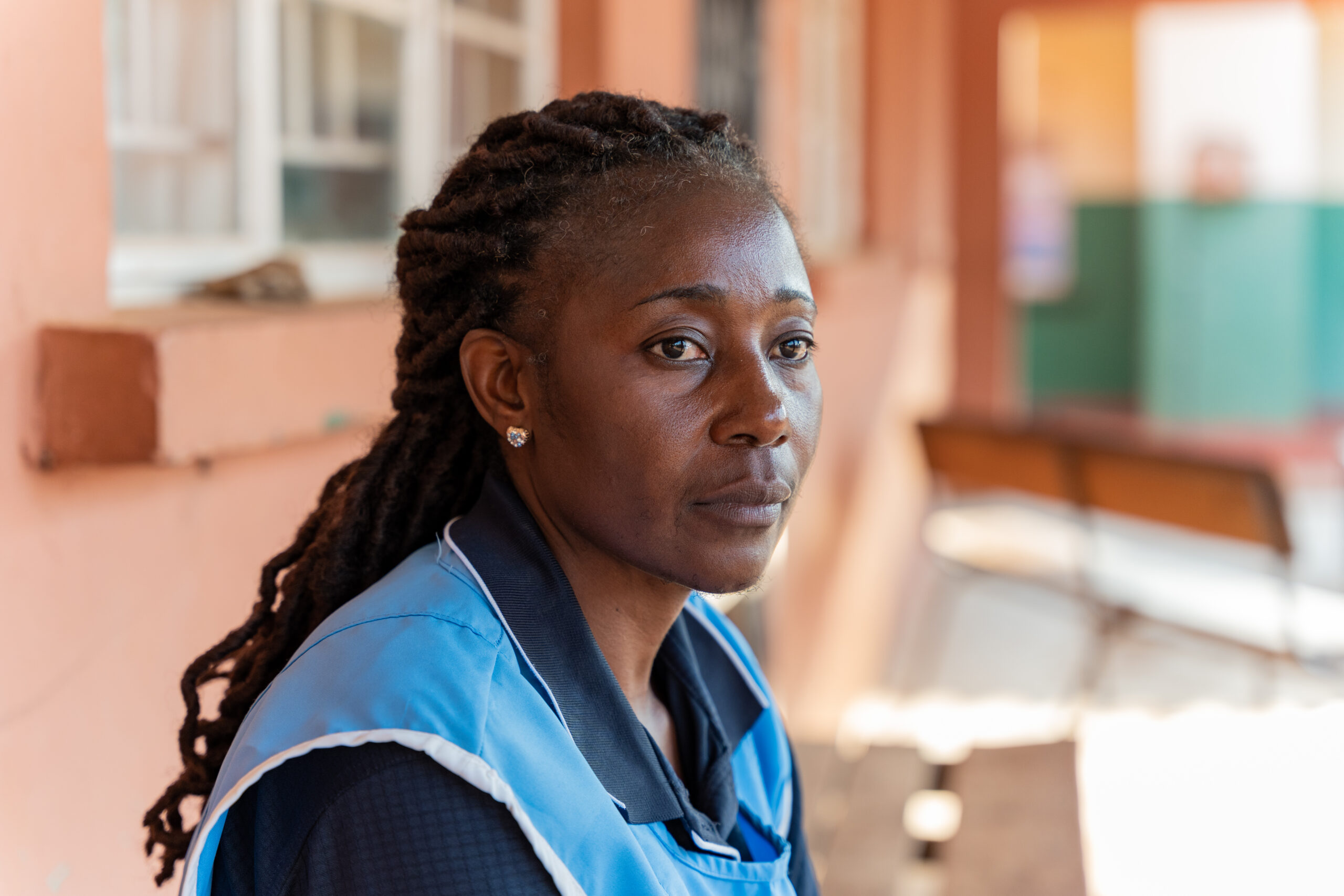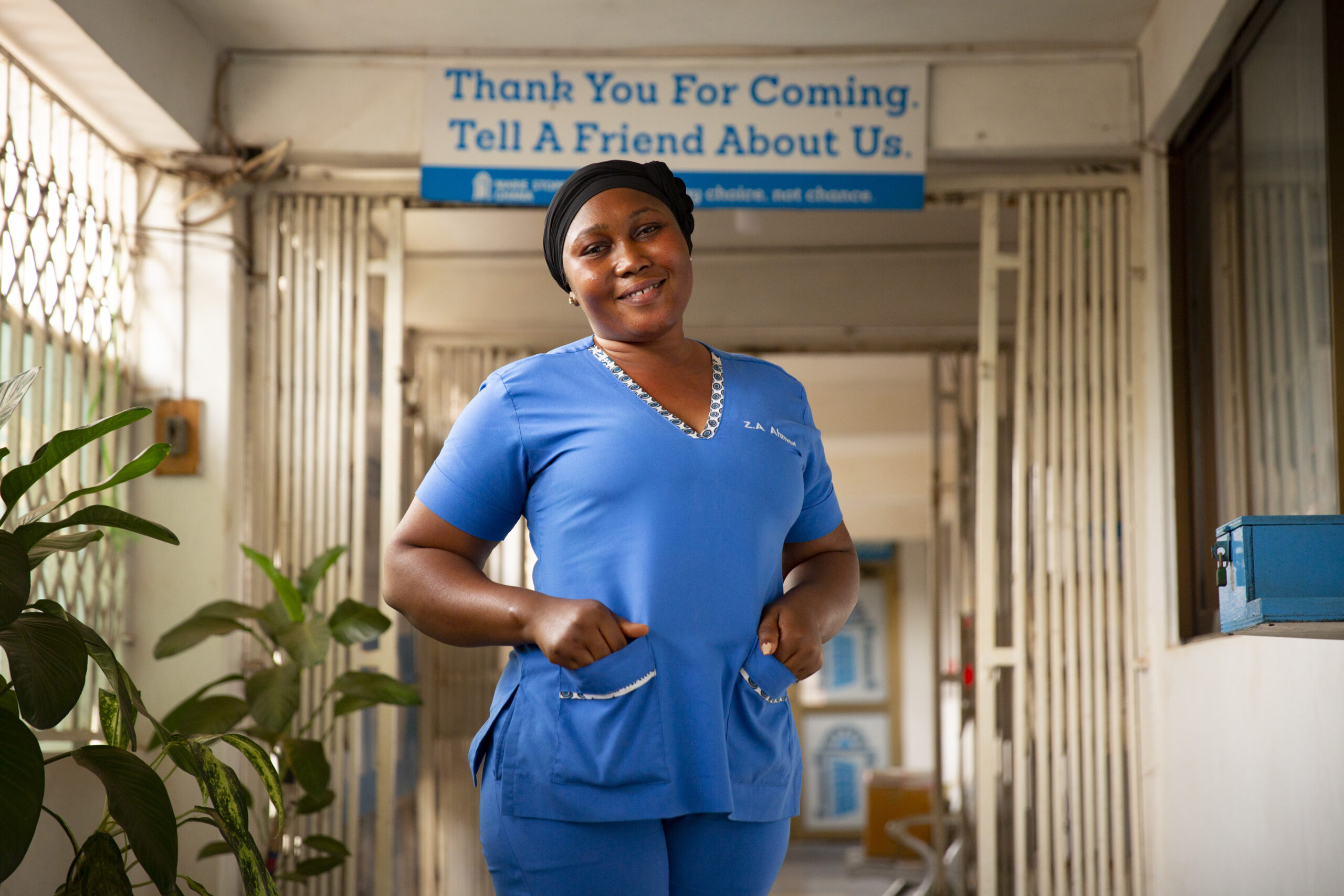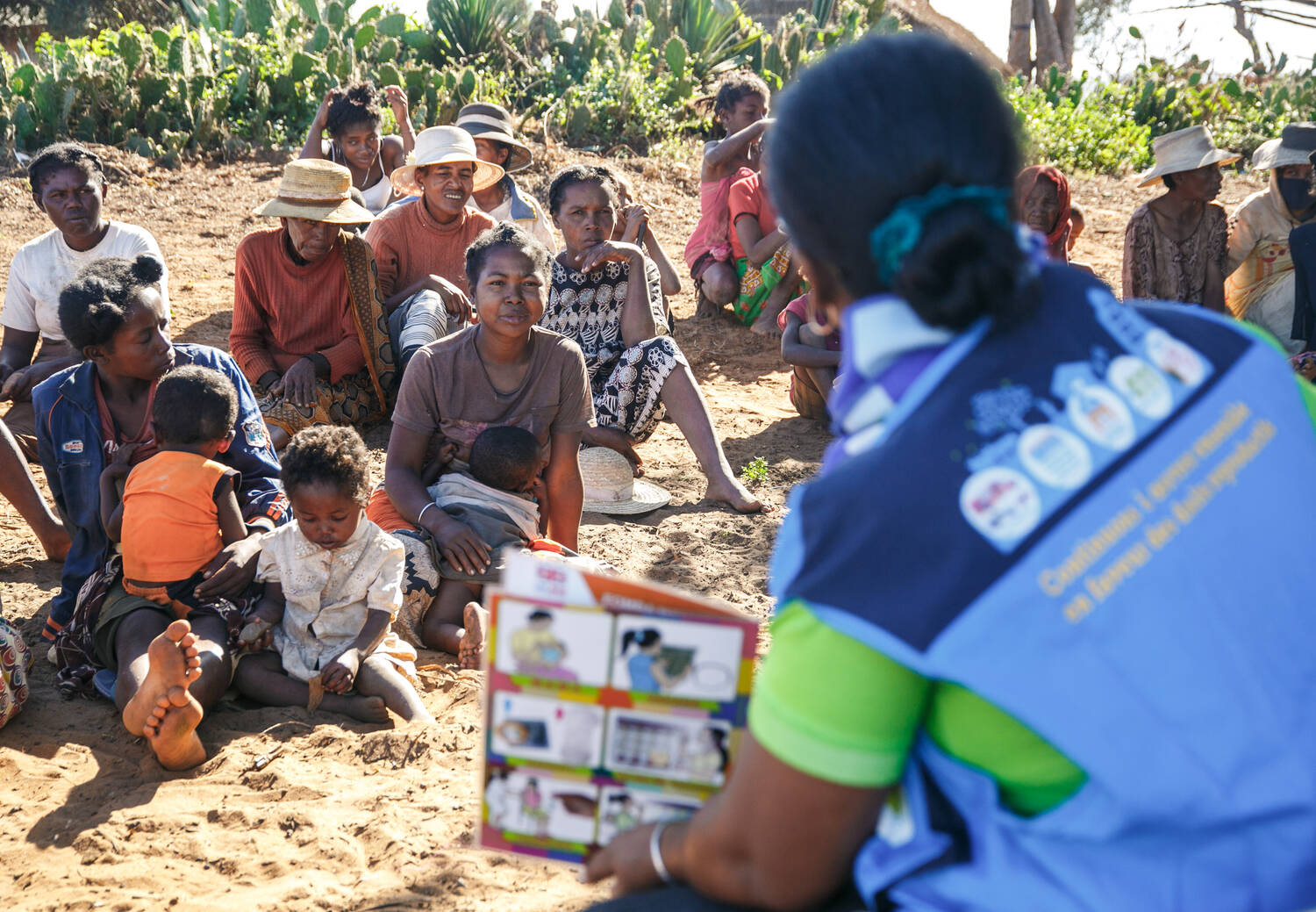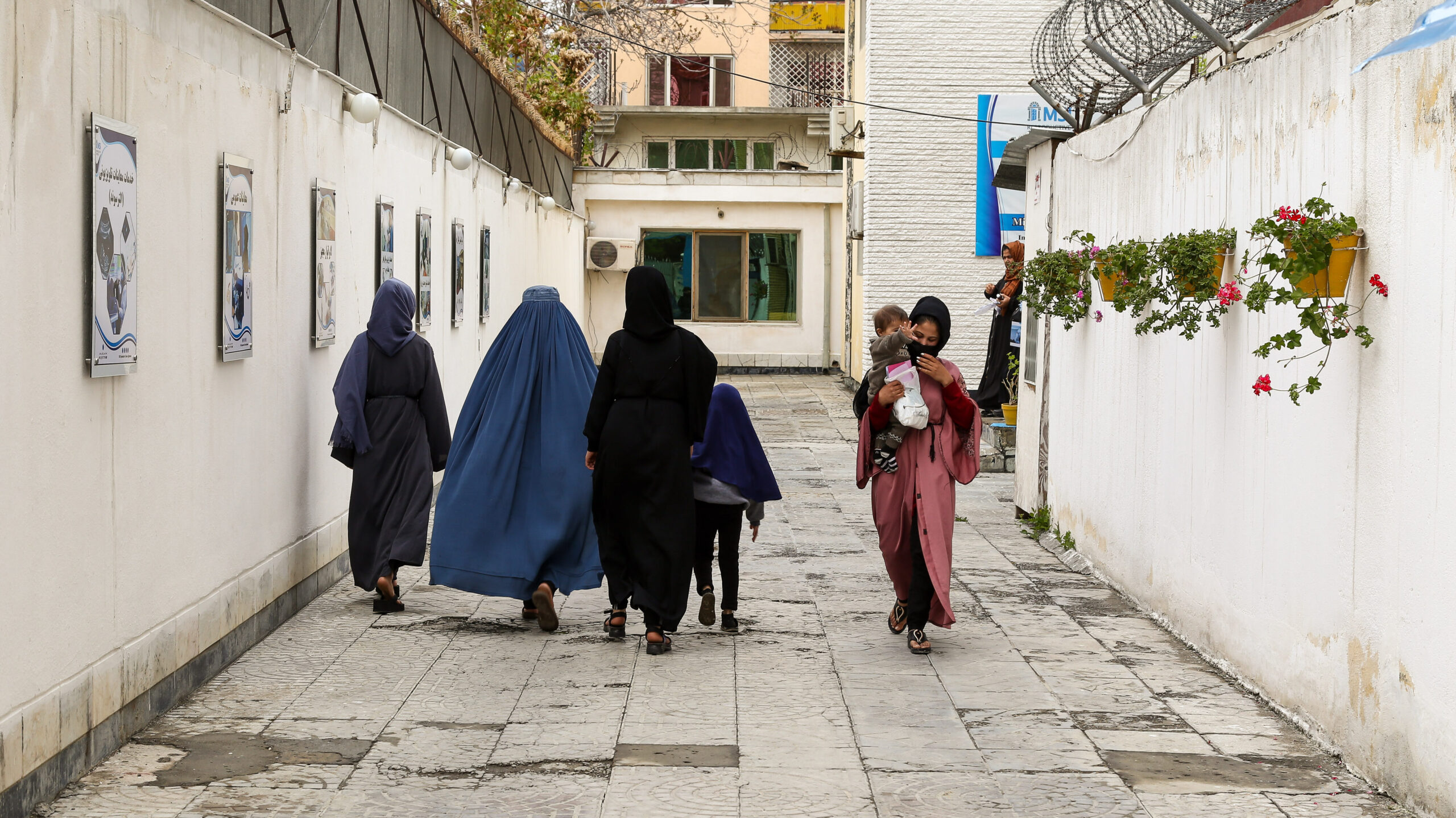
For over twenty years, MSI’s local teams have provided life-saving maternal health and family planning services in Afghanistan, reaching 1 million clients each year.
In Afghanistan, women can find it hard to access healthcare. Women are required to have a male chaperone to leave their homes and aren’t allowed to receive healthcare from male doctors.
That’s why MSI Afghanistan has built a team of local women nurses and midwives who deliver services to women in their communities.
Meet Haya, an MSI Lady
One of these female providers is Haya. Working in women’s healthcare was something that she had dreamed of since she was a child. “In Afghanistan, women can feel restricted in what they can share on their health and relationships with male doctors, so as a woman, I wanted to help,” Haya shared.
Now Haya has trained as a midwife and works as an MSI Lady in a rural region of northern Afghanistan. Every day, Haya walks from door to door in her local community delivering services and building awareness of women’s healthcare options in the comfort of people’s homes.
“As a community member, I’m in a good position to talk with husbands and leaders about the services available, addressing any concerns and sharing the benefits for families and communities.”
Haya’s work to build awareness with her neighbours and local families has had a ripple effect.
“We have clients who recommend their families and neighbours now. A recent client who was seeking contraception had been recommended by a family member. She was married with children, and she and her husband wanted to have a break before their next child, so attended our clinic for the contraceptive injection, free of charge.”
Haya’s work can be challenging, walking from service to service each day and often navigating complex conversations on cultural expectations, but the impact she has seen for women in her community makes it all worthwhile.
“As an MSI Lady, I’m achieving my dream of helping women in my community – with the information and services that my colleagues and I provide, women can make choices about their healthcare and their futures.”
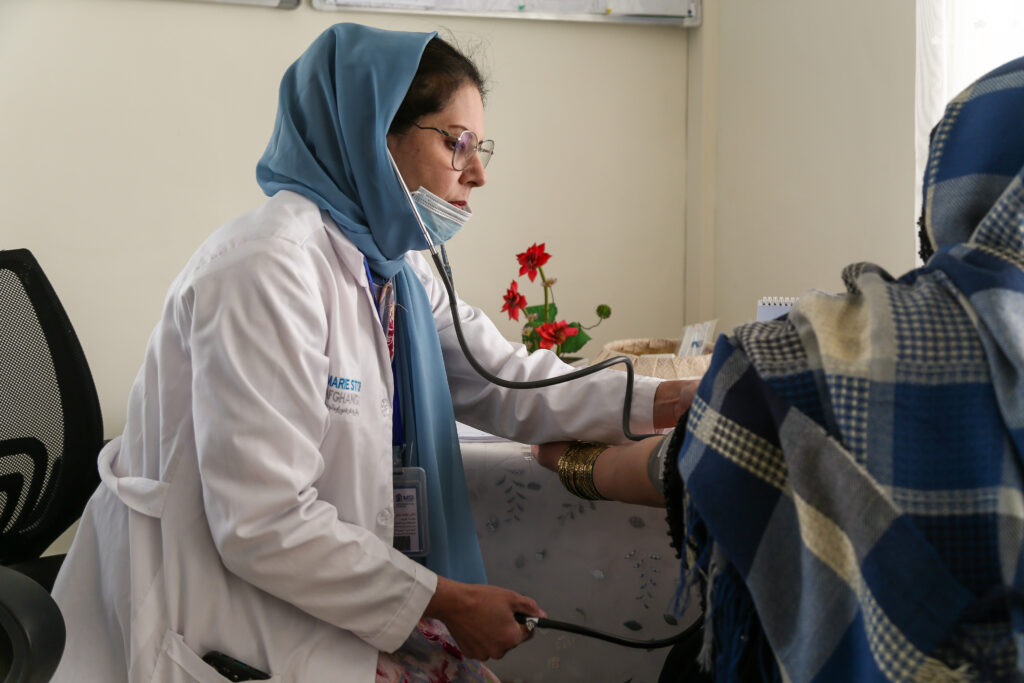
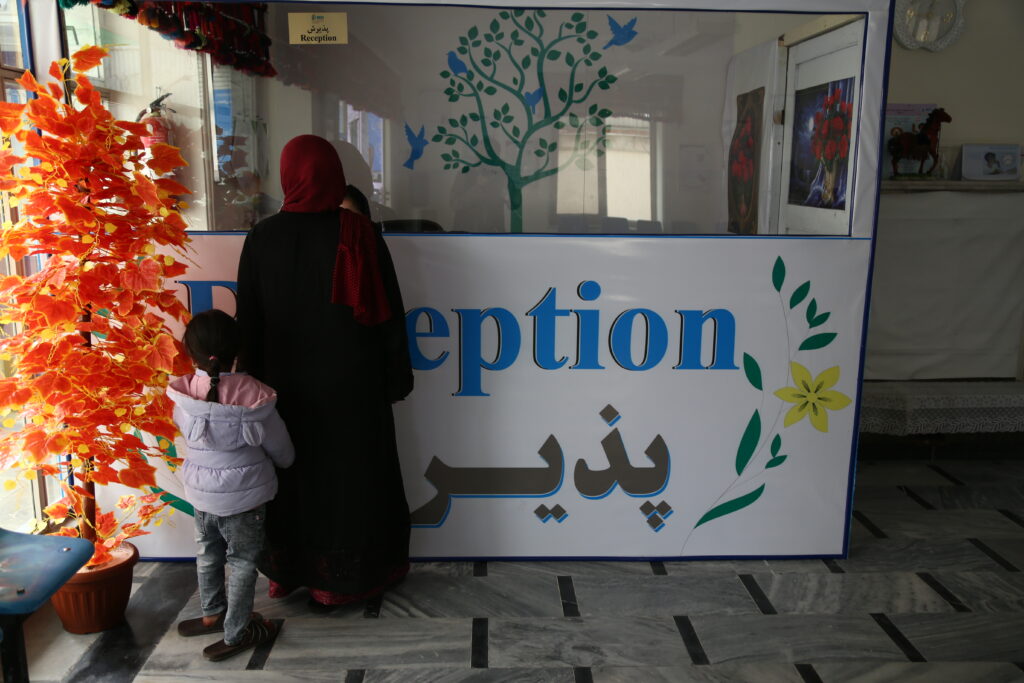
Meet Farkhondeh, an MSI clinician
Farkhondeh is the clinician in charge of a mothers and babies health clinic in Herat, Afghanistan. She shares why she thinks MSI Afghanistan’s approach is so critical for women there.
“MSI Afghanistan is the only healthcare organisation where the sexual and reproductive healthcare services are offered by women for women. This fortunately makes it a very secure environment for women to visit us, talk about their problems and receive support. Women visit time and again.”
She recalls when she had just started at MSI and a young woman around 20 years old visited the clinic. She was suffering from serious malnutrition – as were her three children.
“I talked to her, her husband and also her mother-in-law, and in these discussions she chose to use contraception. Now she visits us regularly to get checked and follow up with her family planning, and she’s happy. We have admitted her children in our nutritional programme. This has affected her whole life and helped her be in a better situation.”
“From an early age, I liked to be someone who can help others. This is why I am proud of being a member of MSI family.”
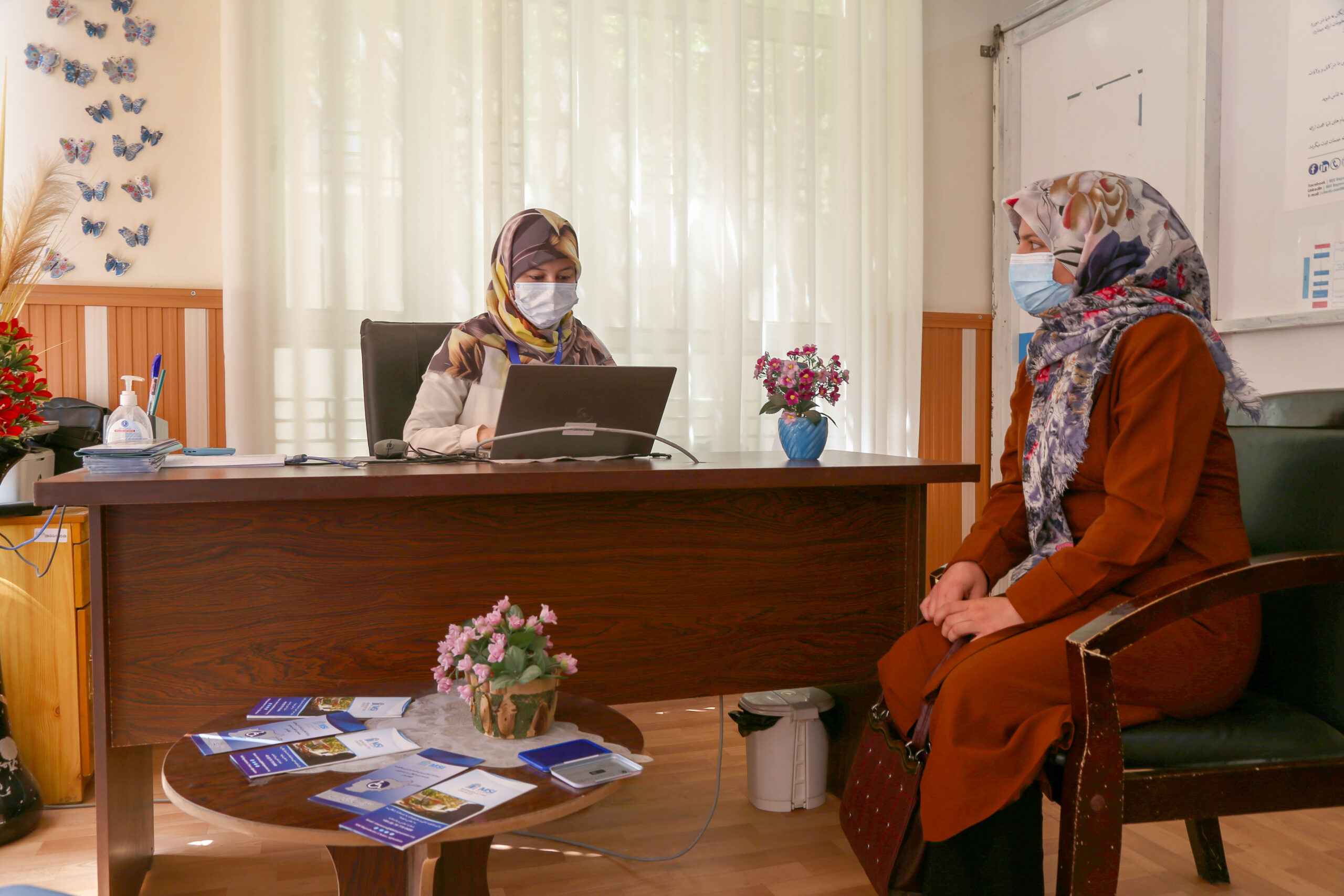
Meet Hamdiya, an MSI client
Hamdiya is a 38-year-old mother of seven. She explains how she found MSI’s services:
“It was totally by accident that my new neighbour told me about the MSI clinic. She told me there is a clinic for the mothers and they have a solution for avoiding pregnancy.“
“I want my children to be safe and I would not like to have any more. In the clinic they helped me and since then I thank my neighbour in my prayers.”
Hamdiya hopes for women in Afghanistan to all have choices like this one, and more opportunities in life. “I wish [women] to have job security, safety and a better life.”
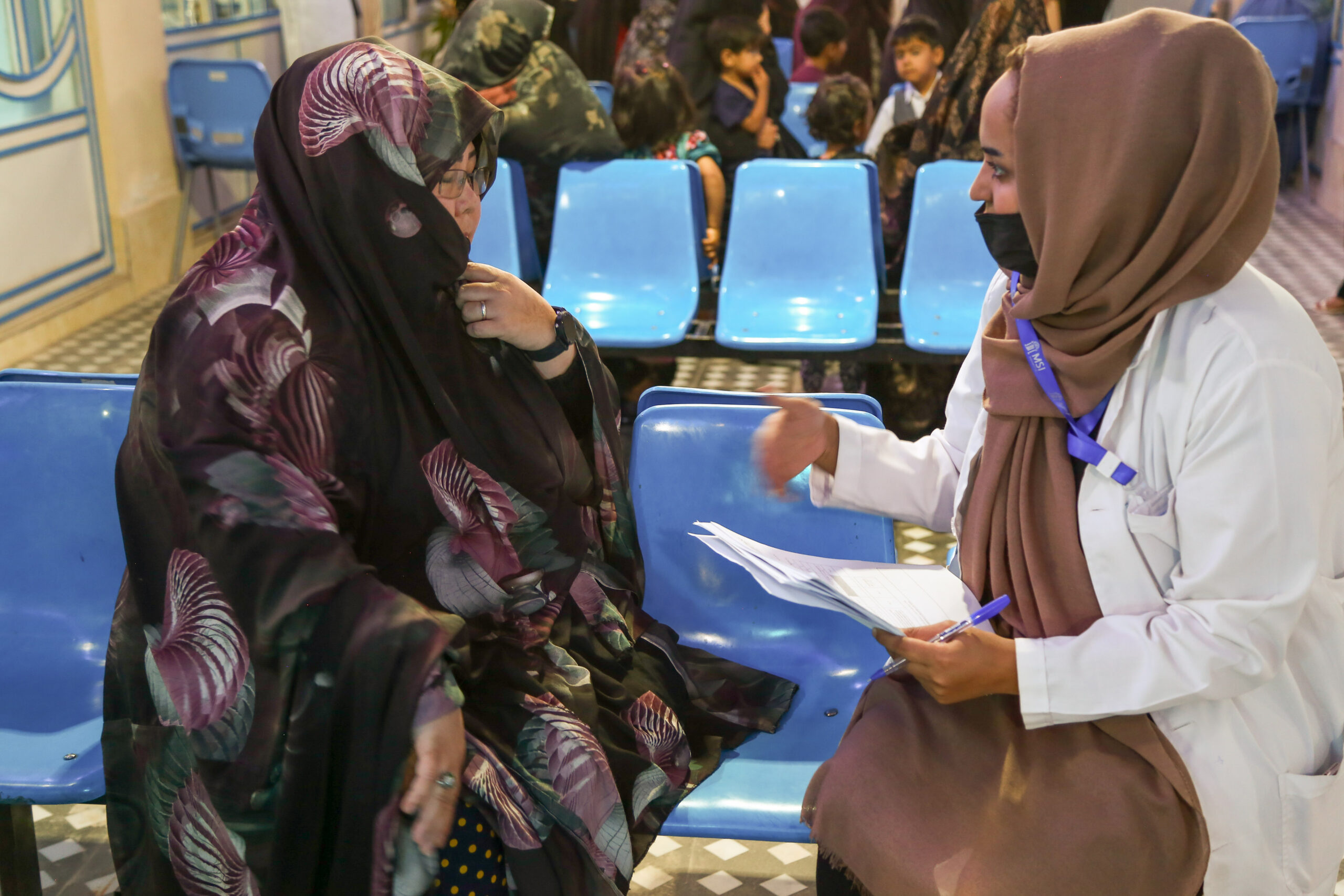
Support our life-changing work
Donate to support our work delivering women’s healthcare in Afghanistan and around the world.
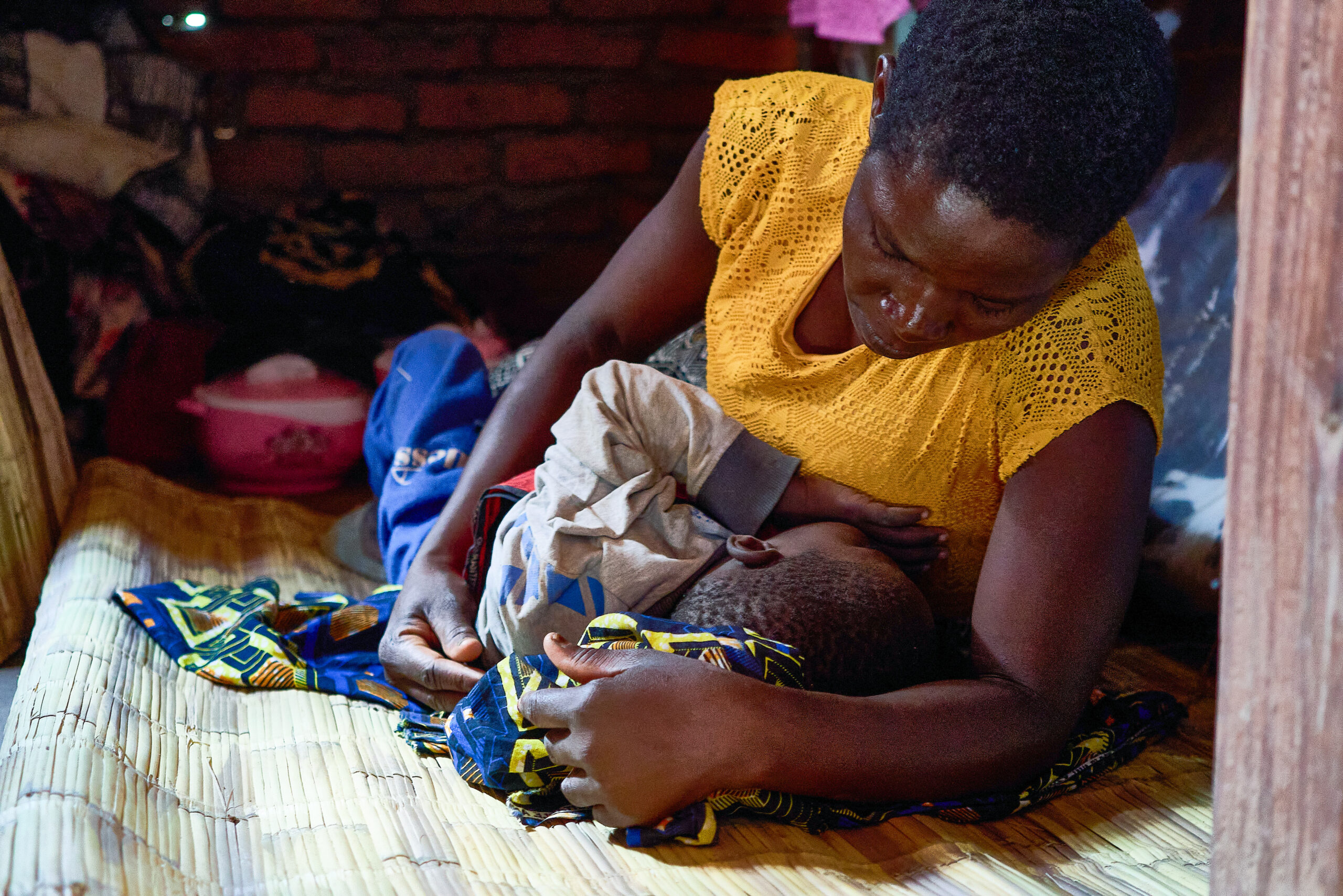
Building healthy families
Stories of mothers and MSI health providers share how contraception can help build healthy families.

Humanitarian aid
Read more about MSI’s work in crisis and humanitarian settings to protect women’s health.






